Do you notice blood in the sink after you brush your teeth?
One of the most frequent dental concerns is bleeding gums. This is because it is very common for patients to see a small amount of blood in the ink while they are brushing or flossing. When this happens, it is caused by bacteria-fill plaque that is built up around the line of your gums. This bacteria irritates your gums and causes them to bleed and become inflamed.
Bleeding gums, or gingivitis, is a treatable dental concern and a common sign of early-stage gum disease. However, if left untreated, it can lead to more serious issues as part of advanced gum disease also known as periodontitis.
Gingivitis can quickly progress to advanced gum disease, which causes more damaging symptoms like gum recession, shifting teeth, or painful chewing problems. If you experience bleeding gums, schedule an appointment to visit Dr. Larsen for a dental cleaning as soon as possible to avoid further complications.
Regular visits to the dentist are the best way to prevent your gums from bleeding. Even if you brush your teeth regularly, you must visit a dentist at least twice a year to have the plaque removed. While regular brushing and flossing is necessary, plaque can hide in many hard-to-reach places. Our talented dental hygienists will remove the plaque using special tools.

Treat Bleeding Gums in Bountiful, UT
We take a conservative approach to treating bleeding gums. This means that we will likely provide you with a thorough cleaning of your teeth and gum line before recommending further treatment. Often, bleeding gums are a sign of the fact that you may need professional teeth cleaning; however, they can lead to bigger issues over time. Here are some common questions we get regarding treating bleeding gums:
Can a dentist treat my gum disease?
If your gingivitis progresses to gum disease, we can provide you with periodontal disease treatment to restore and renew the functionality of your gums. Dr. Larsen will provide you with a consultation on the current condition of your smile. He can also help you determine if you need further treatment to resolve your bleeding gums.
What can I do at home to prevent bleeding gums?
Practicing thorough brushing and flossing habits at home helps greatly with treating bleeding gums. Bacteria are constantly in your mouth and crawling all over your tooth surfaces. If you are not brushing and flossing at least twice a day, bacteria can easily hide along your gum line and in the small spaces between your teeth. By brushing and flossing, you reduce your chances of bacteria buildup leading to bleeding gums.
I practice good oral hygiene. Why are my gums still bleeding?
Even our most thorough oral hygiene patients can experience bacteria buildup around their gum line. This is why we recommend scheduling preventative care with our office at least once every six months. Additionally, you might be brushing your teeth too hard. Instead of scrubbing, gently brush your teeth from side to side, alternating the brush’s position to ensure you cover all spaces and angles.
How do I get my gums to stop bleeding?
To stop your gums from bleeding, you should focus on improving the health of your mouth by brushing and flossing twice a day. If you’re new to flossing or haven’t done it in a while, you might see a little bleeding at first. You can use an anti-gingivitis toothpaste containing fluoride and rinse it with an antiseptic mouthwash. Using a soft-bristled toothbrush can help prevent irritation. Rinse your mouth with warm salt water to help soothe your gums. If you see persistent bleeding, schedule an appointment with your dentist ASAP. It could be a sign of gum disease.
How do you know if bleeding gums is serious?
If your gums only bleed when you brush or floss, it could mean you’re brushing too hard or a sign of early-stage gum disease. However, if your gums bleed frequently or are red, swollen, or tender, it could be a sign of more serious gum disease. If you’re noticing any of these symptoms, call your dentist. They can help you catch potential issues early.
What deficiency causes bleeding gums?
Vitamin C and Vitamin K deficiencies can cause bleeding gums. Vitamin C is important for your gums and teeth health because it helps your body produce collagen. Collagen is a protein that maintains your gums’ strength. If you’re not getting enough Vitamin C in your diet, your gums can become fragile and prone to bleeding. Vitamin K is crucial for blood clotting, and a lack of it can also lead to bleeding gums. If your gums persistently bleed, it’s a good idea to reach out to your dentist so they can investigate whether a vitamin deficiency is the cause.
